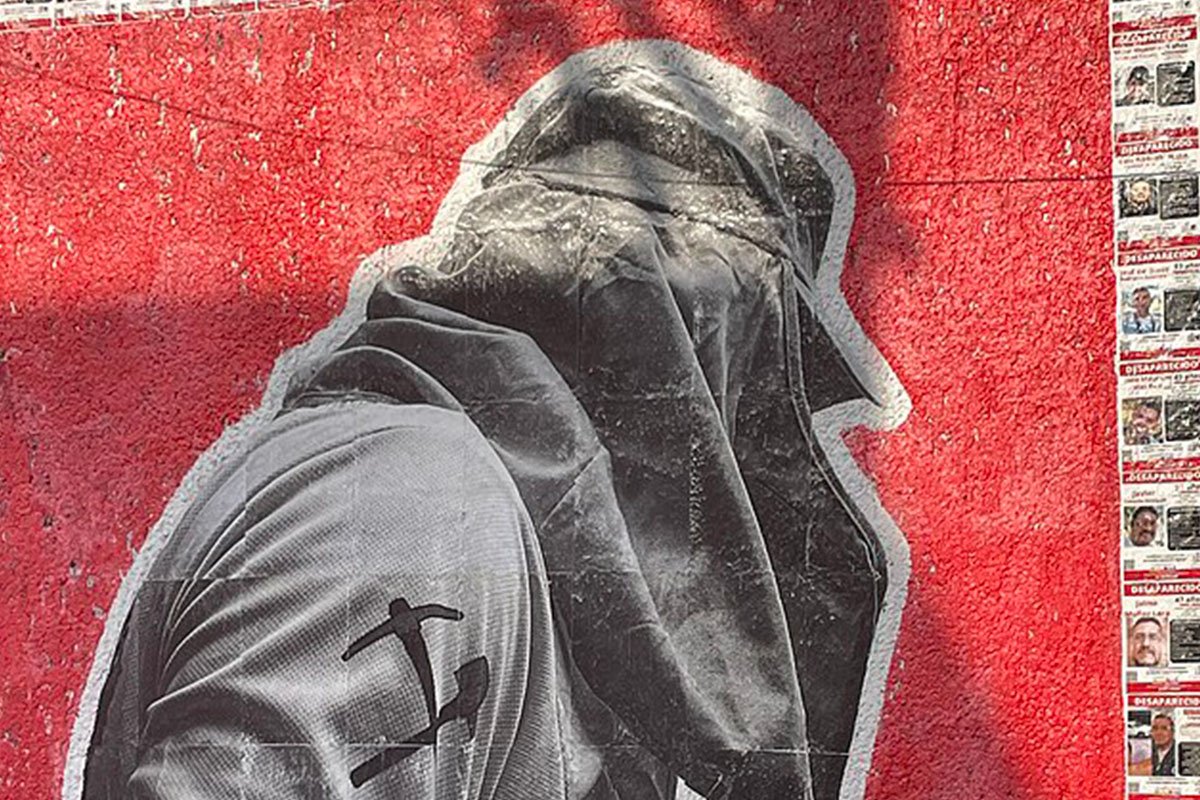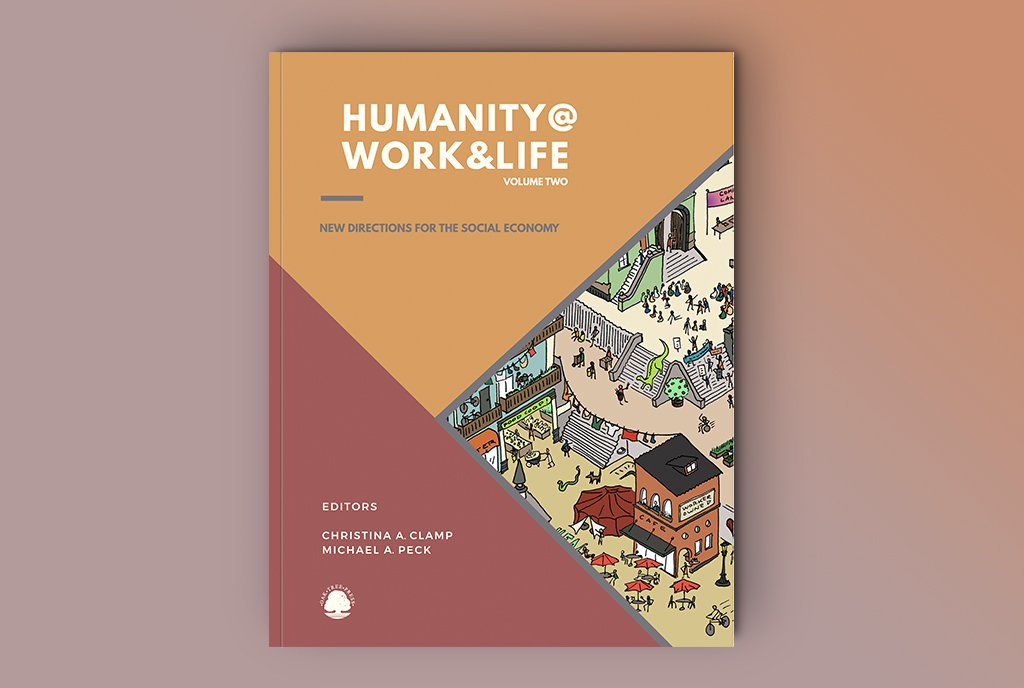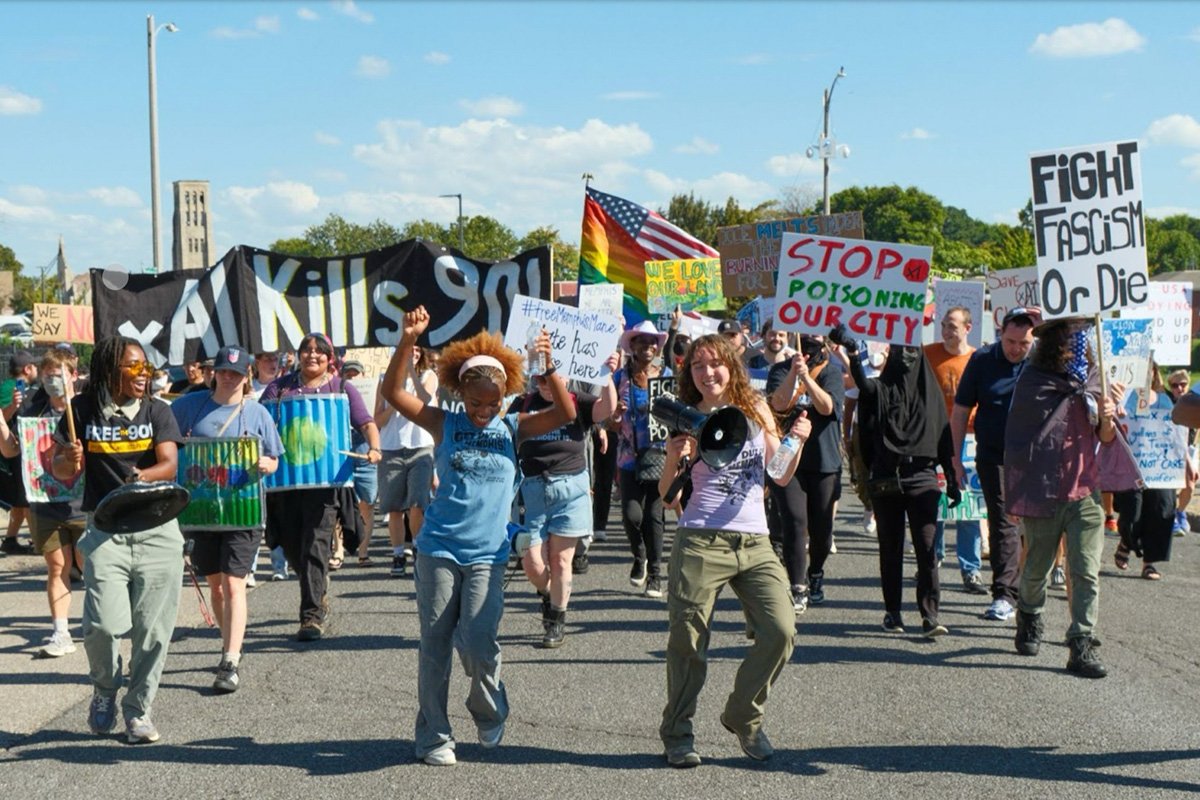
Just this week, we reported that yet another judge used President Trump’s reckless personal communications to help justify the reversal or enjoinment of an immigration order. This, as you may remember, has occurred any number of times in lawsuits filed against the administration over the past year.
No sign of any resulting lesson in caution was apparent yesterday afternoon when the president voiced openly racist attitudes about the people of Haiti, El Salvador, and unnamed African nations in the midst of negotiations on an immigration deal. Trump had seemed willing to craft a bipartisan deal earlier in the day, but when he got into the meeting, all that seemed to fall away. The New York Times reported:
Mr. Trump’s remarks left members of Congress attending the meeting in the Cabinet Room alarmed and mystified. They were there discussing an emerging bipartisan deal to give legal status to immigrants illegally brought to the United States as children, the people said, speaking on condition of anonymity without authorization to discuss the explosive proceedings of the private meeting.
When Mr. Trump heard that Haitians were among those who would benefit, he asked if they could be left out of the plan, according to the people familiar with the conversation, asking, “Why do we want people from Haiti here?”
“Why are we having all these people from shithole countries come here?” Trump reportedly asked, suggesting that preference be given to people from countries like Norway, adding that immigrants from Asian countries might also be a good choice because they help the United States economy.
These comments lend more credence to other ones attributed to but denied by the president; again, from the New York Times:
The comments were reminiscent of ones the president made last year in an Oval Office meeting with Cabinet officials and administration aides, where he complained about admitting Haitians to the country, saying that they all had AIDS, as well as Nigerians, who he said would never go back to their “huts,” according to officials who heard the statements in person or were briefed on the remarks by people who did. The White House vehemently denied last month that Mr. Trump made those remarks.
Sign up for our free newsletters
Subscribe to NPQ's newsletters to have our top stories delivered directly to your inbox.
By signing up, you agree to our privacy policy and terms of use, and to receive messages from NPQ and our partners.
Why should this matter to civil society activists? Immigration policy has a history of racism that has been hard to eradicate. As one scholar writes:
The United States has always been a nation of immigrants, but for most of its history U.S. law treated newcomers differently according to race. Between 1790 and 1952, legislators restricted naturalization – the process by which immigrants become citizens – to particular racial and ethnic groups, with a consistent preference for whites from northwestern Europe. Laws restricted black immigration beginning in 1803, and a series of subsequent measures banned most Asians and limited access by immigrants from southern and eastern Europe.
The author goes on to write that the race based policy of the US was contagious and subsequently affected policies elsewhere. Thus, any explicit revisiting of this territory by the federal government is notable and alarming.
Rep. Mia Love (R-UT), whose parents are Haitian immigrants, deemed Trump’s remarks “unkind, divisive, elitist” and said they “fly in the face of our nation’s values. This behavior is unacceptable from the leader of our nation.” And Rep. Adriano Espaillat (D-NY), who is an immigrant from the Dominican Republic, commented, “My grandmother used to say—dígame con quién caminas y te diré quién eres—tell me who you walk with and I’ll tell you who you are. If he’s walking around with white supremacists and supporting them, this kind of talk doesn’t surprise me.”
Few are likely to be surprised by the president’s attitude on race after this past year, but we can still imagine some might be taken aback by his tactical self-sabotage. But perhaps accomplishment of any ends at all has taken a back seat to retaining his base, which has not been enamored of his strange attempts at bipartisan deal-making. As conservative author Ann Coulter tweeted, “He’s trying to win me back.”
So maybe there is, sadly, a cunning logic in the president’s racist remarks. But while we can and should condemn his remarks, as a sector, we can’t afford to allow such vile comments to distract us from our missions. A few months ago, I argued that nonprofits need to use the strategic advantage of being anchored in a broader civil society or risk losing it. This means speaking out and advocating heartily for civic norms of reciprocity, building trust, and forging mutually respectful relationships across barriers of race, gender, sexuality and class.
In that light, please recall that today is the eighth anniversary of Haiti’s devastating earthquake. A moment of silence will be observed at 4:53 p.m. to remember those who died in the catastrophe. I encourage you to act in solidarity and join the people of Haiti in honoring those who perished. Catastrophes are opportunities to see our human connection and to become more human ourselves by observing and acting on it.—Ruth McCambridge











